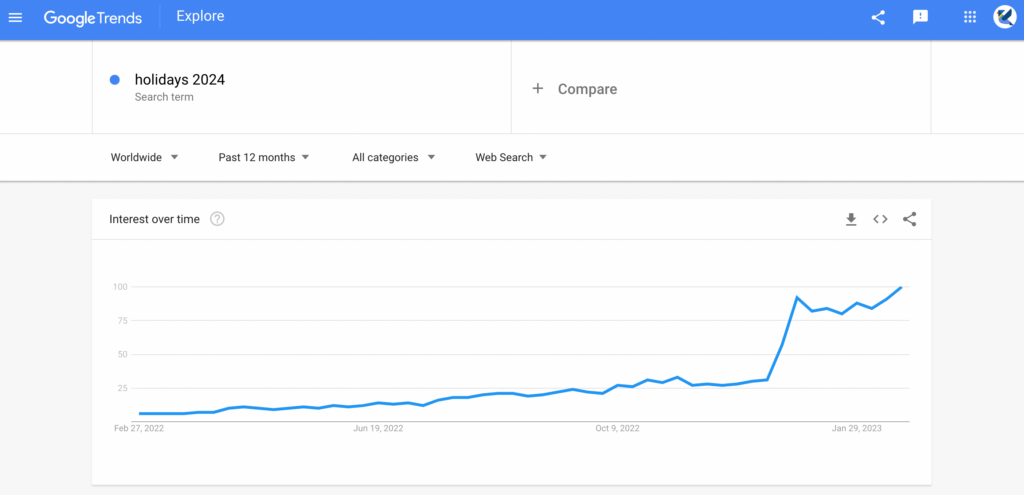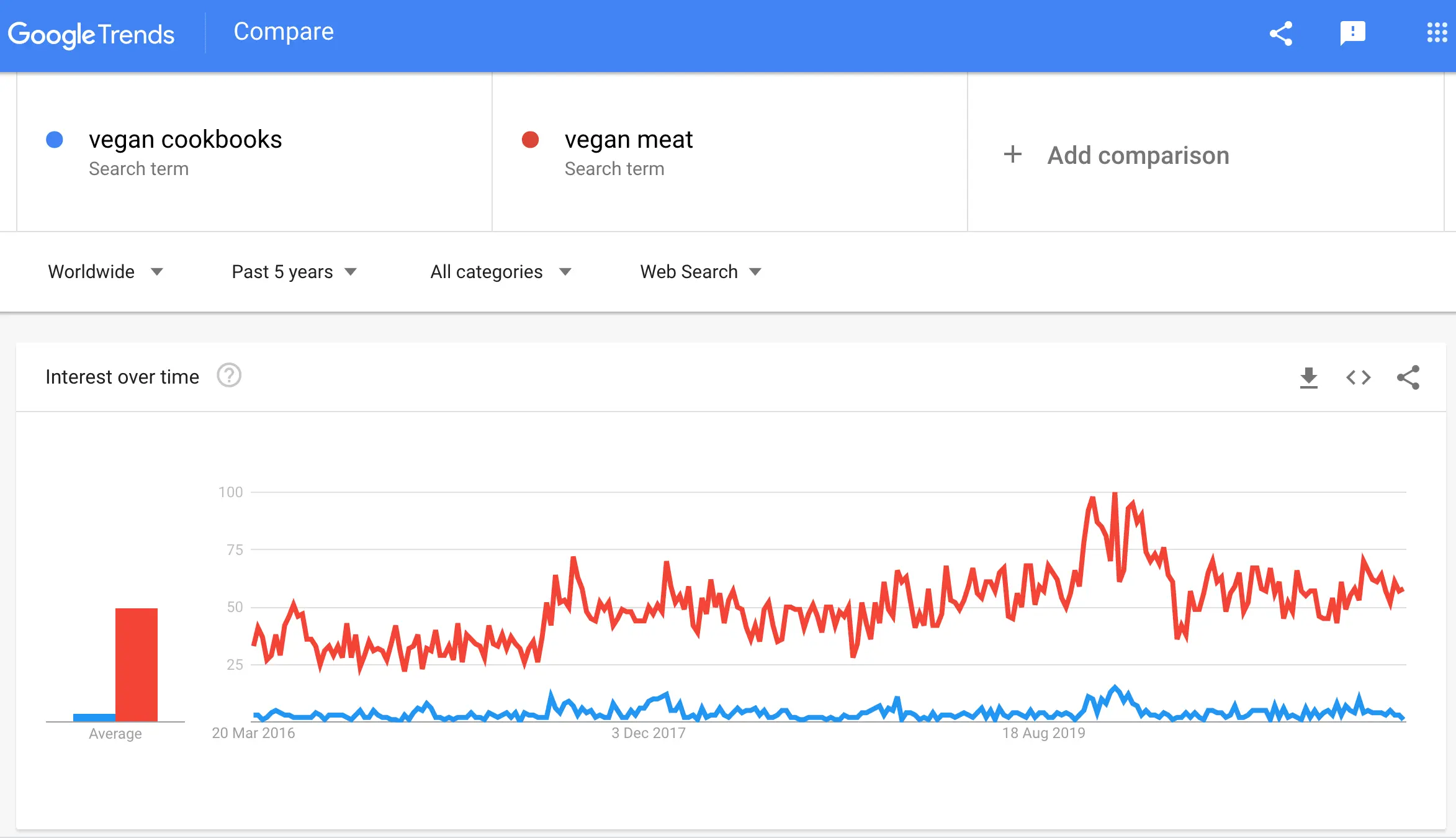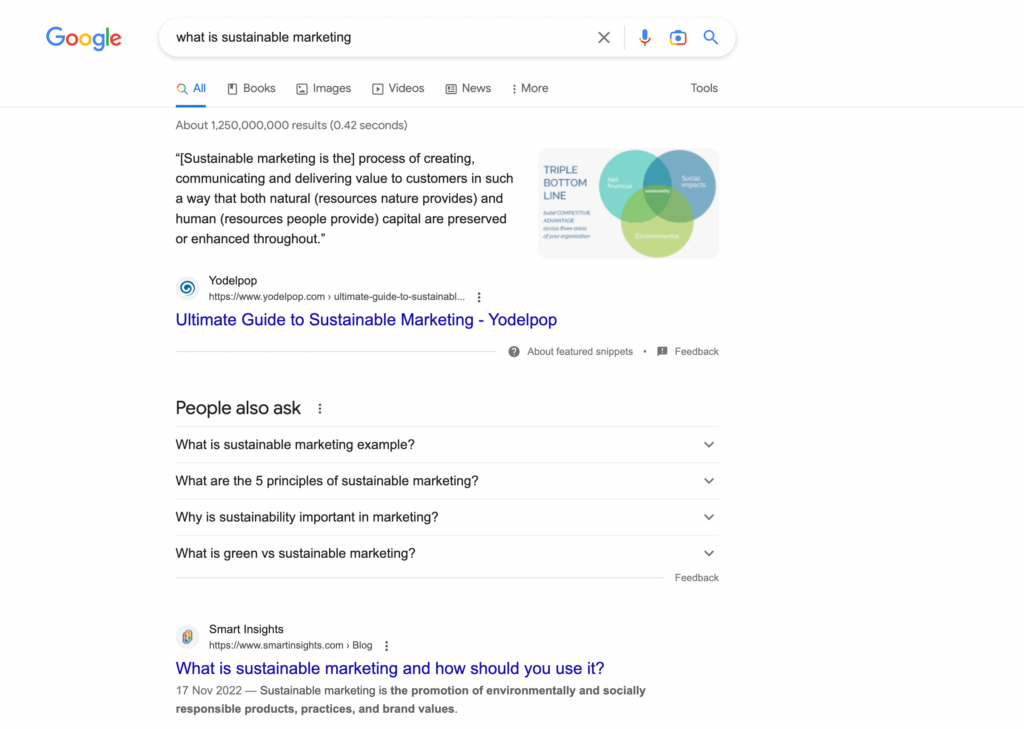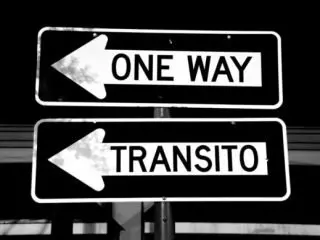Don’t listen to the shouting about SEO being dead. We still find that organic search is still one of the highest ROI digital marketing channels.
When you weigh up all the factors that contribute to successful SEO, page title tags are still one of the most critical components. Write them badly and a page can stand little or no chance of being found.
So, here are four of our top tips on getting more impact from this important tag.
How to write SEO title tags to get more traffic: summary
- Use dates, events, and ‘long-tail’ search terms
- Publish content as early as possible
- Think about what will be searched for in the future
- Write for humans, too
1. Use dates, events and the ‘long-tail’
If you’ve worked in SEO then you should have tried, at some stage, to get a top ranking for a prestigious but competitive search. This can be a frustrating waste of time, at least in the short term.
That’s not to say that you shouldn’t aim high and go for these terms, you can try. But better if you target longer phrases that also include competitive search terms. In that way, you’d be aspiring for ambitious rankings while also aiming at achievable ones.
One of the most convincing cases for doing this is using years. For example, the term ‘SEO tips’ is also included within the less competitive phrase ‘SEO tips 2023’, which is searched for too.
But, do you get lots of traffic from these searches? Yes. When more people are becoming aware of the staleness that afflicts some search results – and adding years to freshen things up – the result is that you can get a lot of traffic. More than you’d think. You’ll also get a better click through rate if people see the indication that the content is fresh.
These searches are made around both expected and unexpected topics. But they often occur around questions and searches for useful content.
The same technique applies to coming seasons or occasions that are relevant to the product (e.g. Summer, Xmas, etc.). And don’t forget to react to offline events – like TV or news publicity – that suddenly raise awareness.
Include these terms too on any content that fits, even in combination with the current or upcoming year.
2. Get in early as you can
Ranking early is a good move. You can establish a top position at an early stage when there are few competing pages around.
Later, when other competitors try and get in on the same terms, you won’t get deposed so easily. Even though these competitors might normally outrank you. You’re enjoying all the glory (and traffic) of getting in first.
So, is it too early to focus on a distant occasion like 2024 in early 2023? Maybe it is. But often it isn’t because searches begin earlier on than you might think. Especially in areas where people search well in advance, like travel.
Still, ranking for futuristic search terms can present logistical difficulties. If you’re quickly appearing for a 2022 search, then be prepared to answer queries with relevant content and sensible replies.
Tip: use Google Search console to make sure this kind of content is submitted for indexing as quickly as possible.
3. What is will be searched for
Search volumes are one thing.
But sometimes, even with page titles and keywords, it pays to predict what might be searched for in the future. Around your product or service, regardless of how many people are searching now.
This is distinct from point 1 in the post where the trends, years and occasions are known.
Google Trends is useful for discovering emerging trends – as are other monitoring and predictive analytics tools like Exploding Topics. But sometimes gut intuition works, or complements the data. Tools won’t always pick out searches that suddenly strike from nowhere.
For instance, many vegan searches leapt up way beyond trend around 2017 and have soared since. News coverage, conversations online and offline, etc. might have suggested this. A credulous view of the current search volumes, on the other hand, wouldn’t have.
In a way, selecting search terms becomes a little like making a bet, or investing. But this technique is more about creating interesting content / articles, rather than developing entirely new products or pages. Without a Silicon-Valley-sized R&D department, It’s not the best approach to optimise around stuff that could become big in the future.
4. Write for humans too
Page title tags aren’t just about search engines.
Searchers are also going to see your title tags in the search results. Remember that traffic is about rankings but it’s also about clicks. The first is about robots, the second people.
The words that you put there will determine the click through rate. Write something that’s a repetitive keyword-stuffed mess and it’ll get clicked on by fewer folk.
The task then, becomes a balancing act. Of course you need to include search terms but you should also try to craft your titles so they’re attractive to clickers too. That in mind, there’s a sort of art to writing great page titles.
The length is also important in this sense. It’s better to create a title that doesn’t get cut-off and reads like a complete sentence. There’s often the temptation to add more and more keywords and phrases but it doesn’t make sense. SEO can make you greedy.
Nowadays, most of the top results in Google have titles that read naturally anyway. Google’s algorithms may even edit the title if it’s too long or stuffed with keywords and use the article’s on-page headline instead.
Here’s an example of a search in our area of sustainability. You’ll see that the top title (after the featured snippet) reads naturally and doesn’t get cut off. It includes search terms but in a sensible way that also appeals to humans. The second one works too but you can see it’s getting cut off.
It’s all about balance. Search engines and searchers are like the yin and yang.
And suddenly that’s it. We hope you’ve found those tips useful. If you’d like to speak to us about an SEO campaign, or even multilingual SEO marketing and keyword research then get in touch and we’ll see what we can do.





Leave a Reply